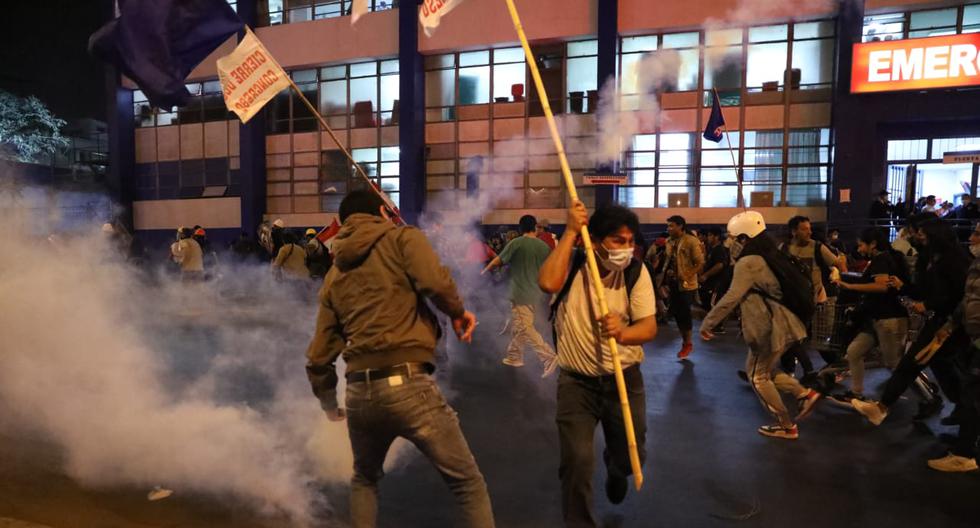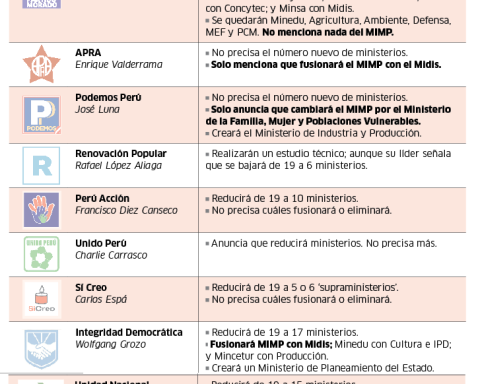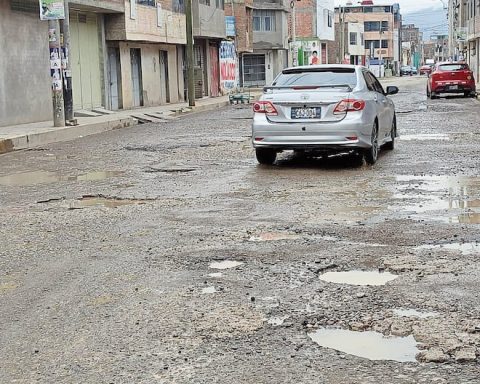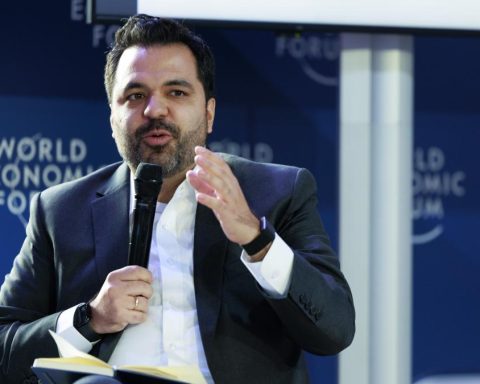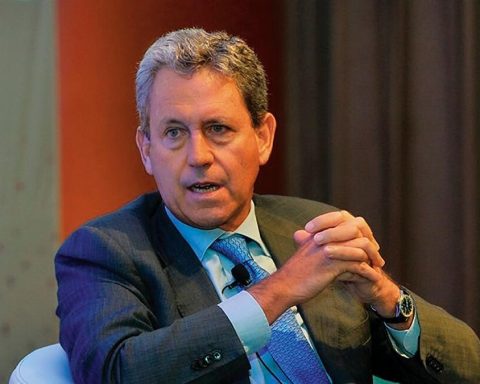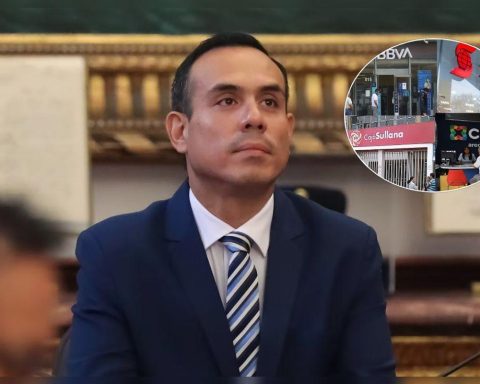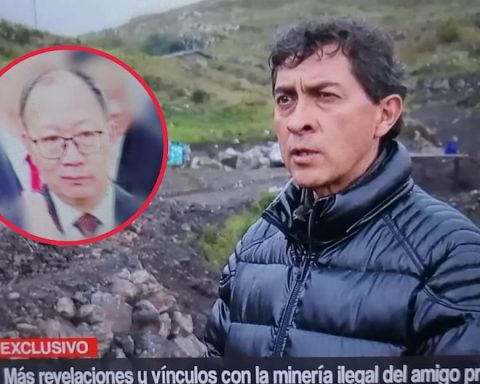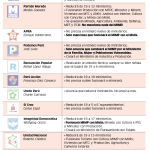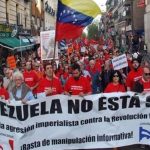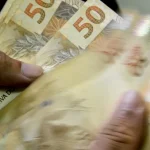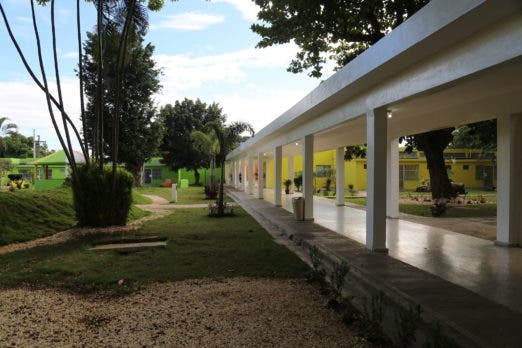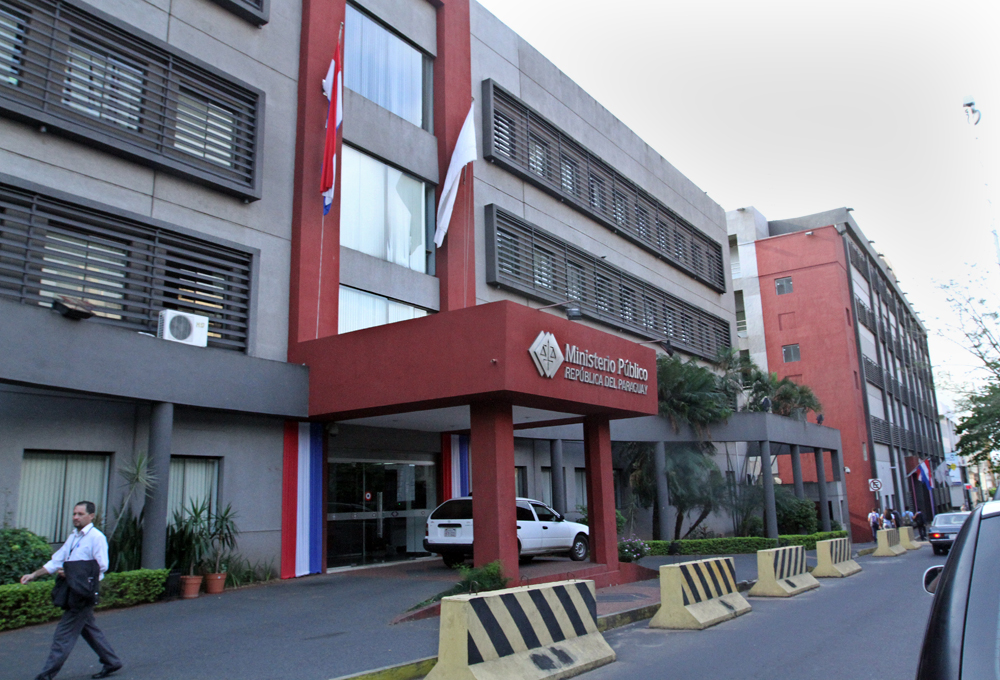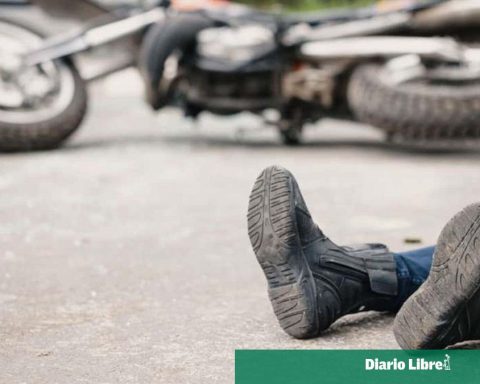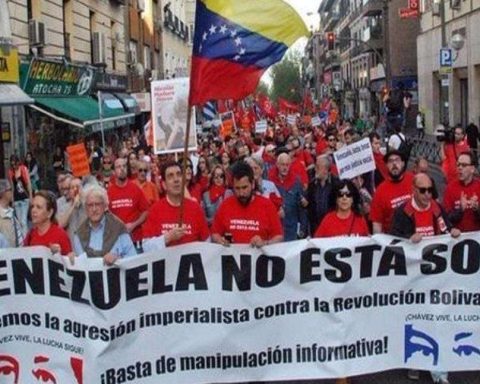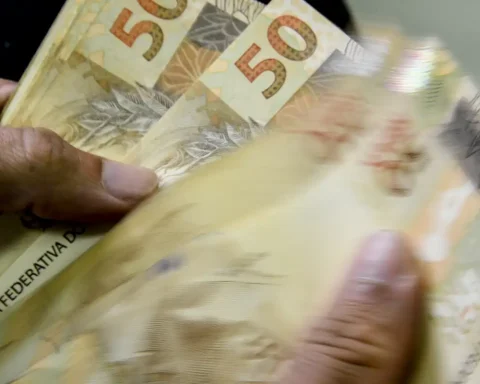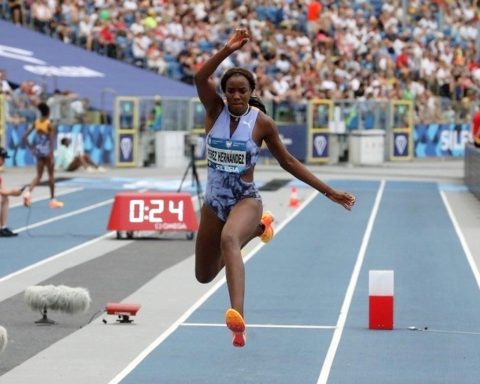Far from the boisterous and violent demonstrations, thousands of people are affected. Here are some of the dramatic testimonials.
It is midday and the sun is beginning to warm up on Avenida 28 de Julio, in the center of Lima. In the middle of the journey, I come across a sign for the Civa land transport company. “There are no exits at the national level (north-south) due to the demonstrations that have been taking place in our country”warns the sign pasted on the front door. Inside the premises entire families; Children and the elderly waited with some hope for the ticket office to open so they could buy a ticket back home.
Karen Villavicenso, a Venezuelan citizen who has already been in Peru for a long time, has visited all the land terminals in Lima. She arrived at the Civa company station to buy a ticket to go to Tumbes, but she has not succeeded. “There are no tickets, I have toured the Atocongo terminal, all the terminals and they are not leaving anywhere. I already wanted to return to my country, but I can’t leave now, I have to wait. All this was seen coming ”he tells me with some sadness.
Karen, like many of her compatriots, came to our country fleeing the dictatorship of Nicolás Maduro, 4 years ago. Today, seeing the protests, vandalism and violence, she cannot help but remember what she experienced in Venezuela decades ago. “All of this is very similar to Venezuela, to what happened. These demonstrations, these vandals, very, very similar. That they are sent, they are sent. I’m just looking to get out”points out.
On the other side of the terminal is David with his wife and three-year-old son. They spend two days waiting to return to Talara, and they don’t make it. “I have my house in Talara, we have come to Lima and I have been stuck here for two days. I want all this to be fixed immediately, apart from my three-year-old son, I have two more children who ask for my return. Thank God we still have food for the week, but there are people who don’t have it, they come and go. Some sleep here or in the parks.”he recounts with anguish.
EVERYTHING GOES UP
Housewives, for their part, fear prices will continue to rise amid violent protests. “Some products have gone up, others have gone down. For example, the apple went from S/9.50 to S/10. At home we are buying what is necessary, rationing the fruits. Meat has also risen to 34 soles per kilo; We can substitute with egg, but the egg is very expensive”confides to me Lisseth Prada, mother of an 8-year-old girl and housewife –in the Mercado San José in Jesús María–, that she is no stranger to the reality that the country is experiencing. “The right of one ends when you affect the other, the marches can be peaceful, but you cannot affect third parties who have nothing to do with it. For example, a merchant from the countryside comes and wants to sell, he can’t because he already ruined everything along the way, what is his fault? Many hide behind saying that it is all the fault of big companies, and no, big companies are not to blame; they affect us all. You can’t come and blow up my car, you can’t come and blow up my house”he said indignantly.
COMPLY WITH THE LAW
A few meters further on is César Soto, a 62-year-old engineer, buying the vegetables for the week. “Instability affects us, it is not known when prices will go up, or when they will go down. There is going to be a shortage (due to the blockade) on the roads that is going to affect us all. All authorities and citizens have to abide by the law; If we don’t live under the law, this is going to be a jungle.”, tells me. Reason is not lacking.
Shopkeepers fear future looting and the impact of violent protests. “I can’t find cheap merchandise, everything goes up double, triple. We need them to worry about agriculture, about the fertilizer that last year was 50 soles and now it is 400 soles for a 50-kilo bag. In 2023 the potato will be expensive, at 10 soles per kilo, and it is not possible “says Virginia Vásquez, from post 18 of the aforementioned supply center.
This is, then, the other side of the situation in the country; that of the ordinary citizen who struggles to support his family and progress. The face that the instigators of the violent and barbaric days do not want to see. Bloody scenes caused by extremist groups like Movadef that the government has to stop at once.
RECOMMENDED VIDEOS:
:quality(75)/cdn.jwplayer.com/v2/media/DlP7x2Ef/poster.jpg)
